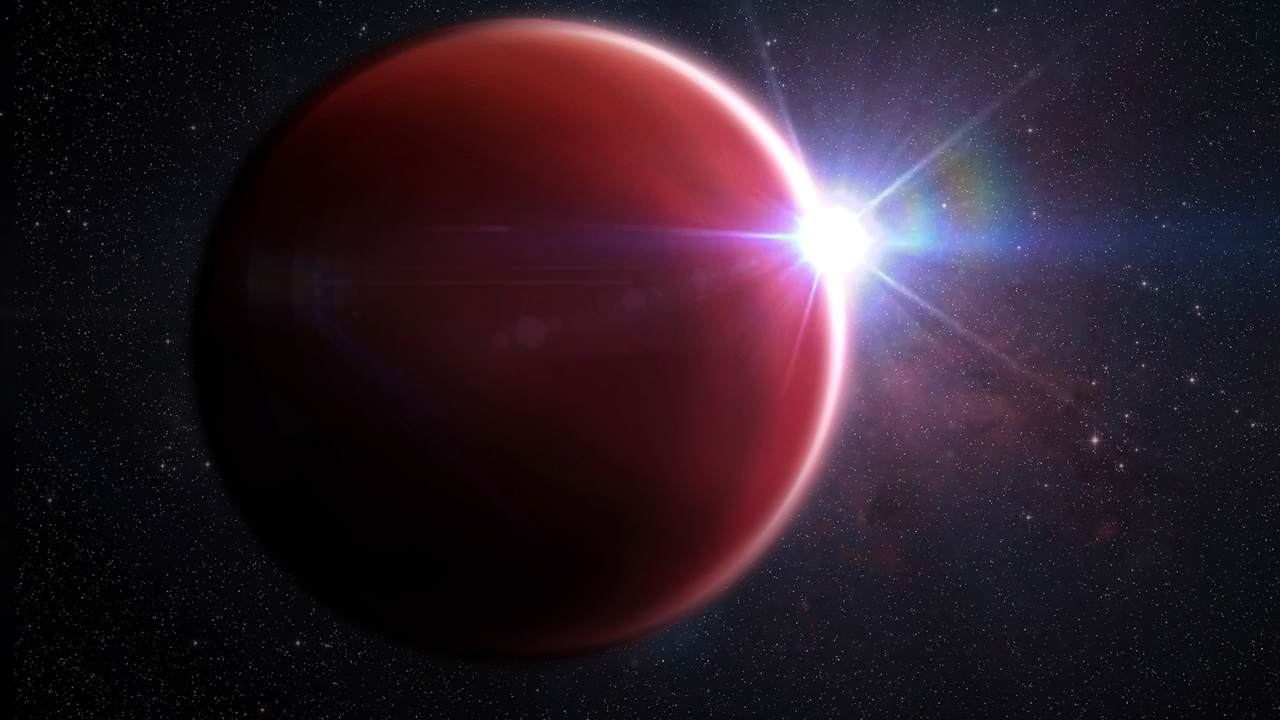FP TrendingJan 28, 2021 18:40:25 IST
Astronomers have been able to discover an exoplanet which has no clouds. It is only the second of its kind to have been discovered. According to study authors it is also the first-ever cloudless ‘hot Jupiter’ discovered. According to a statement by Harvard University, astronomers at the Center for Astrophysics and Harvard & Smithsonian were able to detect the first Jupiter-like planet without clouds or haze in its observable atmosphere. The gas giant, named WASP-62b was first detected in 2012 using the Wide Angle Search for Plants (WASP) South survey, but this is the first time that its atmosphere has been studied.

Cloudless Hot Jupiter. Image: M Weiss/CfA
Speaking about it, lead author of the study Munazza Alam said he has been working on exoplanet characterisation for his thesis, where he takes discovered planets and follow up on them to characterise their atmospheres. According to the statement, WASP-62b is 575 light years away and about half the mass of our solar system’s Jupiter. However, unlike Jupiter, WASP-62b completes a rotation around the sun in four-and-a-half days. Jupiter takes 12 years. Since it is so close to the star, as discernible by its marked brevity in rotational period, it is called ‘hot Jupiter’.
Alam monitored WASP-62b as it swept in front of its host star three times, making observations which can detect the presence of sodium and potassium in the planet’s atmosphere.
According to researchers, while there was no evidence of potassium, sodium’s presence was clear and the team was able to view the full sodium absorption line in their date. Clouds or haze would have obscured the complete signature of sodium, Alam explained, adding that “This is smoking gun evidence that we are seeing a clear atmosphere.”
The findings were published this month in the Astrophysical Journal Letters.
Post a Comment